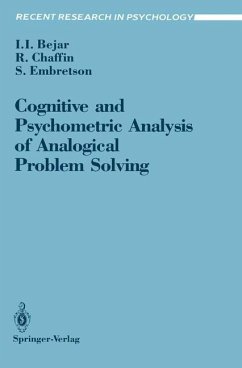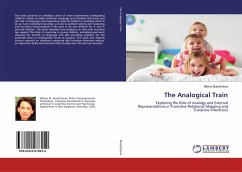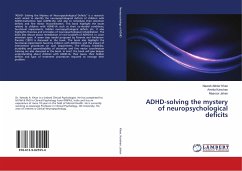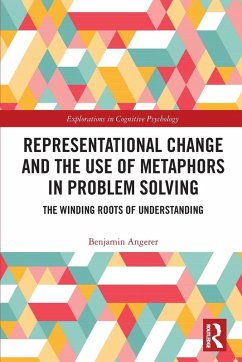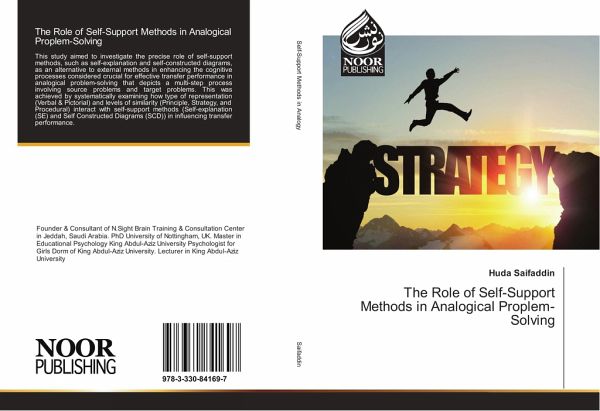
The Role of Self-Support Methods in Analogical Proplem-Solving
Versandkostenfrei!
Versandfertig in 6-10 Tagen
59,99 €
inkl. MwSt.

PAYBACK Punkte
30 °P sammeln!
This study aimed to investigate the precise role of self-support methods, such as self-explanation and self-constructed diagrams, as an alternative to external methods in enhancing the cognitive processes considered crucial for effective transfer performance in analogical problem-solving that depicts a multi-step process involving source problems and target problems. This was achieved by systematically examining how type of representation (Verbal & Pictorial) and levels of similarity (Principle, Strategy, and Procedural) interact with self-support methods (Self-explanation (SE) and Self Constr...
This study aimed to investigate the precise role of self-support methods, such as self-explanation and self-constructed diagrams, as an alternative to external methods in enhancing the cognitive processes considered crucial for effective transfer performance in analogical problem-solving that depicts a multi-step process involving source problems and target problems. This was achieved by systematically examining how type of representation (Verbal & Pictorial) and levels of similarity (Principle, Strategy, and Procedural) interact with self-support methods (Self-explanation (SE) and Self Constructed Diagrams (SCD)) in influencing transfer performance.



